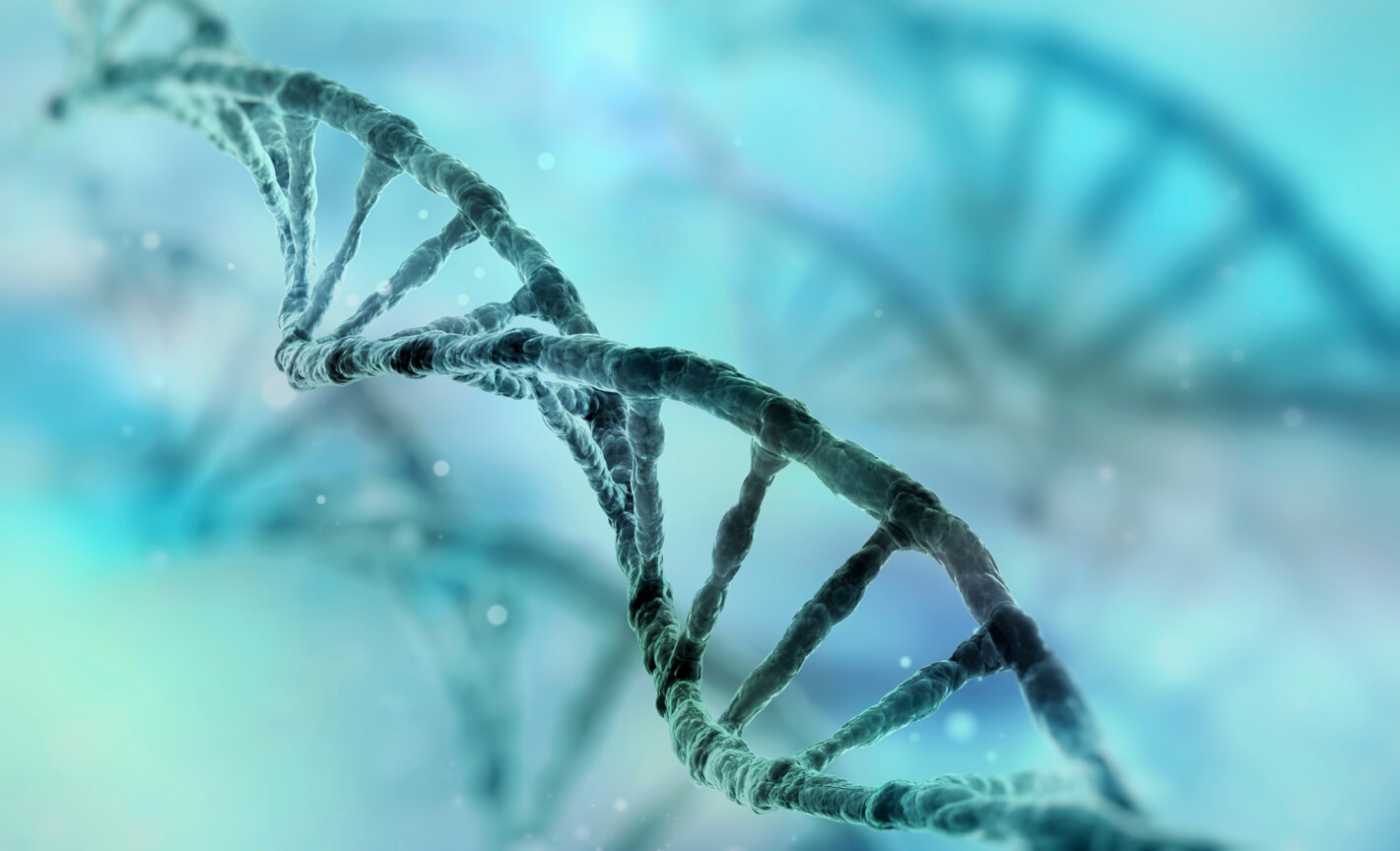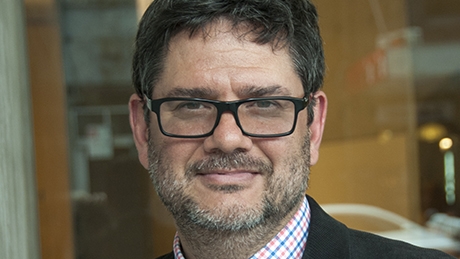-
The term ‘personalised medicine’ is a new buzz phrase in health care. Most people are aware that personalised medicine is said to be the future of health care – a revolution in the way we diagnose and treat disease. However, how many of us really understand what it is and what it will mean for our health?
Personalised medicine uses an individual’s genetic and other molecular information to help inform decisions about that person’s risk of disease and the best approaches to treatment. Medical practitioners will use this uniquely personal information to help guide health-related decisions.
Once an individual has their genome sequenced (the genome is the complete set of DNA), this information will be analysed, and used to help inform decisions about whether that person is at risk of developing a disease. This also allows for the potential of early intervention to minimise the impact of, or ideally prevent the disease.
"Medical practitioners will use this uniquely personal information to help guide health-related decisions."
If the person has already been diagnosed with a disease, the information contained in their genes can also help to identify the most effective treatment methods, and how the individual might react to the treatment (i.e. maximising effectiveness, while minimising side-effects).
This is a critical time for the development of personalised medicine. Cancer treatments have traditionally been very toxic and may have life-limiting consequences. There is no point using treatments that won’t work and may, in fact, cause harm.
All too often we detect cancers too late to cure them. So, while it is important that we use the right drug in the right person, it is just as important that we understand who is at risk of cancer. This will means that the medical community can direct its efforts at early detection in the most effective way.
Personalised medicine holds a lot of promise. However, the reality is that there is still a lot of research required before it can be widely implemented and readily available to patients.
In 2014, the Garvan Institute of Medical Research, one of Australia’s leading biomedical research organisations, was one of the first centres in the world to acquire the technology capable of sequencing the whole human genome.
What you need to know
What is a genome? A genome is the complete set of genetic information we inherit from our parents, contained in a DNA molecule that is roughly two metres long and contained in every cell of our body.
Who can get their genome sequenced? The Garvan Institute of Medical Research does not offer whole human genome sequencing to members of the public. Whole human genome sequencing is currently used for research projects only.
Fun facts about DNA
- Humans share around 99% of their DNA with every other human. We’re not so different after all.
- Humans share 50% of our DNA with… bananas!
- If you put the DNA molecules in a human body end-to-end, they would reach from the earth to the sun and back more than 600 times.
Personalised medicine

-
How to set up your bedroom for better sleep
The sleep experts share some secrets.
-
5 healthy habits (and how to keep them)
New Year's resolutions are easy to make and hard to keep. Discover how to make healthy habits for 2024.
-
How to feel more connected this festive season
Feeling stressed or lonely this festive season?
-
Life’s a beach
If you want to take it easy at the beach, start by making the trip easier on yourself. Cameron Williams reveals the discoveries that made his time at the beach more enjoyable.
-
Learn how small bursts of movement can have a positive impact on employee wellbeing
-
How to do a digital detox
Reduce screen time with a digital detox, and improve your mental health and wellbeing.
Subscribe to receive the best from Live Better every week. Healthy recipes, exercise tips and activities, offers and promotions – everything to help you eat, move and feel better.
By clicking sign up I understand and agree to Medibank's privacy policy






